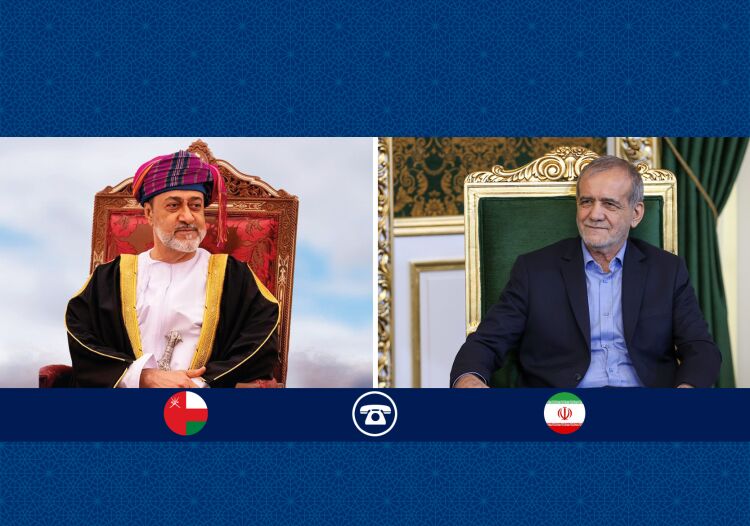
Similar Posts
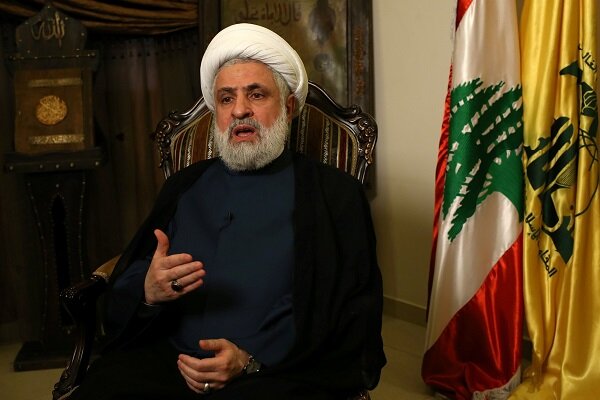
From Deprivation to Dominance: The Rise of Hezbollah’s Secretary General
Sheikh Naim Qassem has been elected as the new Secretary General of Hezbollah following the assassination of Sayyid Hassan Nasrallah on September 27, 2024. Born in 1953 in Lebanon, Qassem has a background in chemistry and a deep commitment to Islamic studies. He co-founded Hezbollah in 1982 and has held various leadership roles, including deputy secretary-general. His inaugural speech emphasized resistance against Israel and support for negotiations. Qassem is known for his political activism, strengthening relations with other factions, and authoring several books on various topics, positioning him as a significant figure in Lebanon’s evolving political landscape.
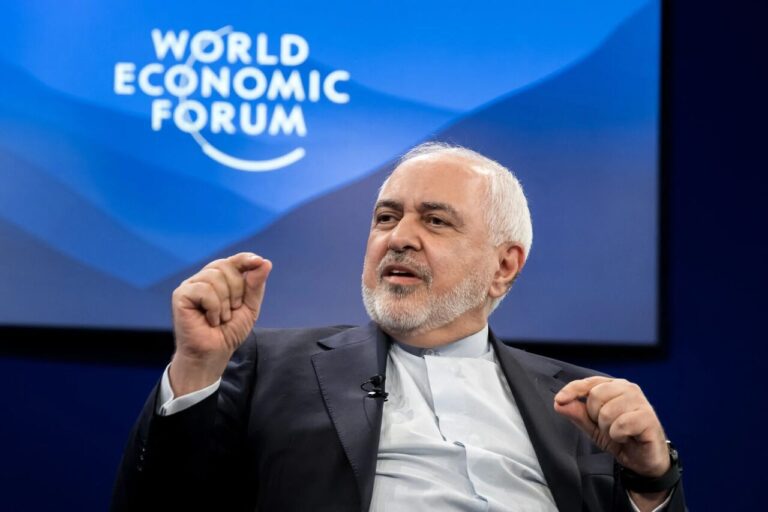
VP Zarif’s Davos Visit: No Agenda for Key Talks, Says Official
Iran’s deputy foreign minister, Vahid Jalalzadeh, clarified the role of Vice-President Mohammad-Javad Zarif in international negotiations, emphasizing that foreign policy is mainly determined by higher authorities. Responding to concerns about Zarif’s plans, Jalalzadeh confirmed that Zarif attended the Davos summit at the World Economic Forum’s invitation, representing Iran as an expert in international relations. His meetings were coordinated by the Iranian Embassy in Switzerland, and he was accompanied by Iran’s deputy foreign minister of economic diplomacy and the ambassador. This reflects Iran’s organized approach to foreign diplomacy, ensuring top officials handle significant policy matters.
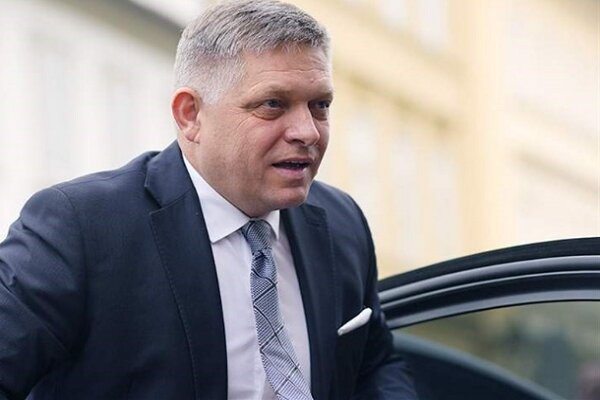
Ukraine’s NATO Ambitions Shattered: EU PM Declares Membership Impossible
Kyiv seeks security guarantees amid ceasefire discussions with Moscow, emphasizing NATO membership as essential for protection. However, Moscow views Ukraine’s NATO aspirations as a core issue. Slovakia’s Prime Minister Robert Fico opposes military aid to Ukraine and advocates for renewed peace talks, stating, “Ukraine will never be in NATO.” He criticizes President Zelensky for rejecting ceasefire proposals and accuses the West of prolonging the conflict for geopolitical gain. Fico’s government, diverging from mainstream EU positions, supports ceasefire initiatives and offers Slovakia as a venue for peace talks, highlighting the urgent need for dialogue amidst the ongoing crisis.
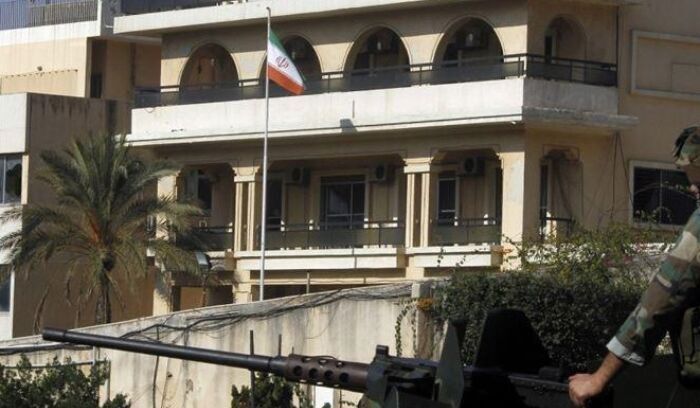
Iran Denies Claims of Deporting Iranians from Lebanon: What You Need to Know
The Iranian Embassy in Lebanon has dismissed recent claims about the deportation of Iranian citizens as unfounded rumors. In an official statement, the embassy clarified that reported incidents were isolated and related to specific legal document issues. They emphasized that there are no ongoing deportations and urged travelers to ensure their documentation is in order to avoid complications. The embassy is committed to providing accurate information and encourages the public to rely on verified sources for updates. Overall, they reassured that concerns regarding deportation are baseless and should be disregarded.
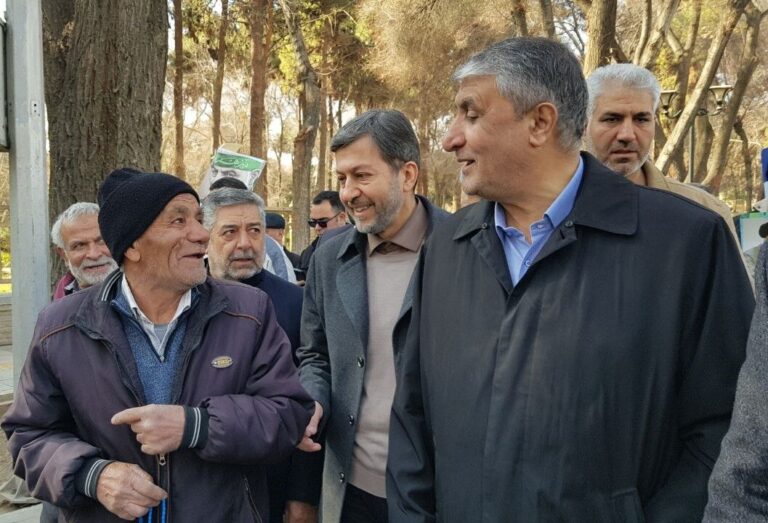
AEOI Chief Unveils How Trump’s Maximum Pressure Strategy Exposes Enemies’ True Agenda Against Iran
Mohammad Eslami, head of Iran’s Atomic Energy Organization, addressed the challenges posed by former President Trump’s new memorandum to reinstate his “maximum pressure” campaign on Iran. Speaking at a rally in Isfahan for the 46th anniversary of the Islamic Revolution, Eslami praised the Iranian people’s commitment to freedom and dignity, asserting their resilience against global powers seeking to undermine their progress. He noted that the enthusiastic participation in nationwide rallies sends a strong message of national unity against external pressures. Eslami emphasized that despite difficulties, the Iranian nation continues to strive for development and remains steadfast in its principles.
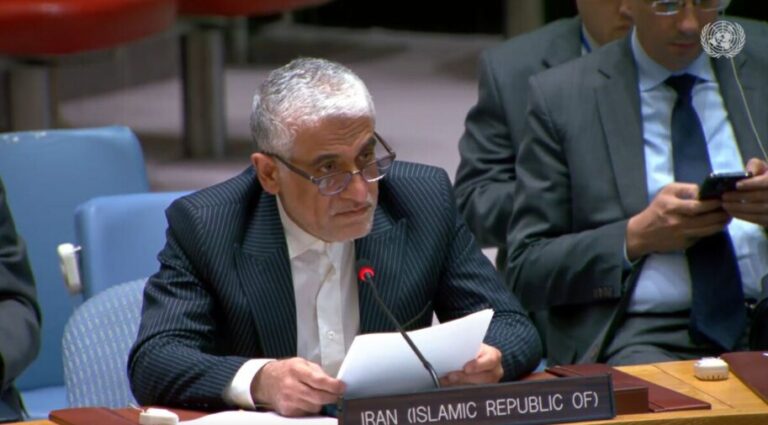
Iran Slams US Plan for Forced Relocation of Palestinians in Gaza
In a recent address at the UN Security Council, Amir Saeed Iravani underscored the significance of multilateralism in confronting global challenges, asserting that the Gaza Strip rightfully belongs to the Palestinian people. He criticized the declining trust in multilateral institutions, attributing it to selective enforcement of international laws and unilateral coercion, particularly by the U.S. and its allies. Iravani called for a reformed Security Council that better represents global power dynamics and condemned the U.S. for protecting Israel from accountability. He also advocated for restructuring the global financial system to support developing nations and emphasized the need for transparent negotiations and collaboration with regional organizations.